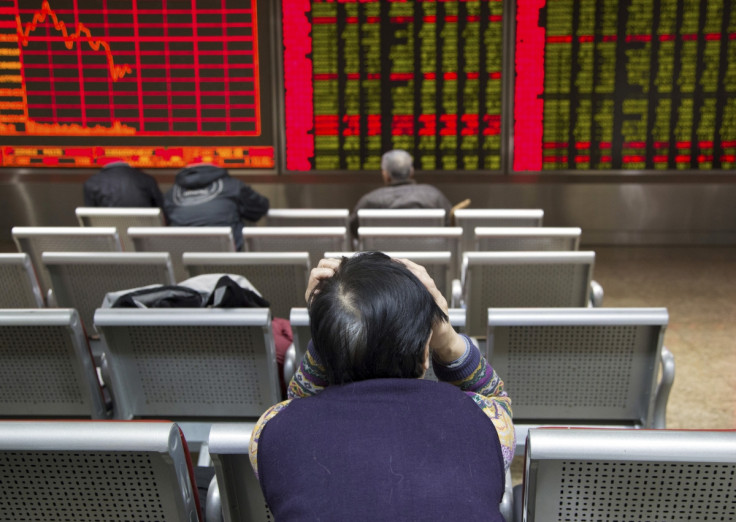Asian markets: China slips following weak Wall Street close overnight

Barring South Korea and Australia, stock markets across other Asian countries were in the red, including China's Shanghai Composite index, which was trading at 2,834.47, down 2.31% on 9 March at 6.10am GMT. This followed a weak close on the Wall Street and Footsie overnight, over fears that oil prices could decline again.
Tatsushi Maeno, managing director of PineBridge Investments, said, "Although oil prices have risen sharply from the trough, many investors are not yet convinced if things have improved that much and I suspect they judged now is a good time to sell". Maeno was, however, optimistic about the economy going forward. He said, "I do believe that this year the global economy will prove better than last year."
Adding to this was the negative China February exports data, released on 8 March. It revealed that exports from the world's second largest economy fell 25.4% in the month when compared to a year earlier, while imports too fell by 13.8%.
Indices in the rest of Asia traded as follows on 9 March at 6.14am GMT:
| Country | Index | Price | Up/Down | %Change |
| Hong Kong | Hang Seng Index | 19,902.63 | Down | 0.54% |
| Japan | Nikkei 225 | 16,638.73 | Down | 0.86% |
| South Korea | KOSPI | 1,950.19 | Up | 0.21% |
| India | CNX Nifty | 7,441.05 | Down | 0.59% |
| Australia | S&P/ASX 200 | 5,157.20 | Up | 0.96% |
Meanwhile, overnight, the Dow Jones Industrial Average closed at 16,964.10, down 0.64%, while the FTSE 100 closed lower by 0.92% at 6,125.44 on 8 March.
Among commodities, WTI crude oil was trading 0.49% higher at $36.68 (£25.85, €33.41) a barrel, while Brent was up 0.13% at $39.78 a barrel on 9 March at 6.23am GMT. This follows iron ore prices increasing by 19% and Brent crude crossing $40 a barrel on 7 March following comments from Lou Jiwei, the finance minister of China. He had said that Beijing would increase its debt-to-GDP ratio to support achieving a medium-to-high rate of growth.
© Copyright IBTimes 2025. All rights reserved.





















